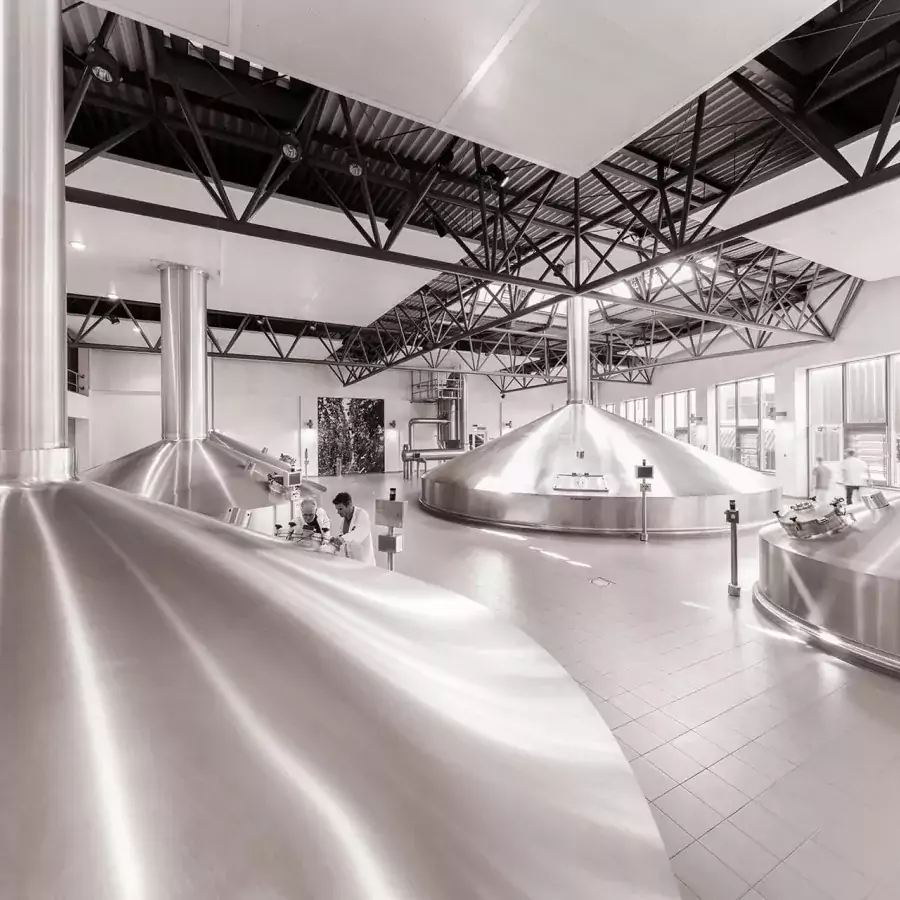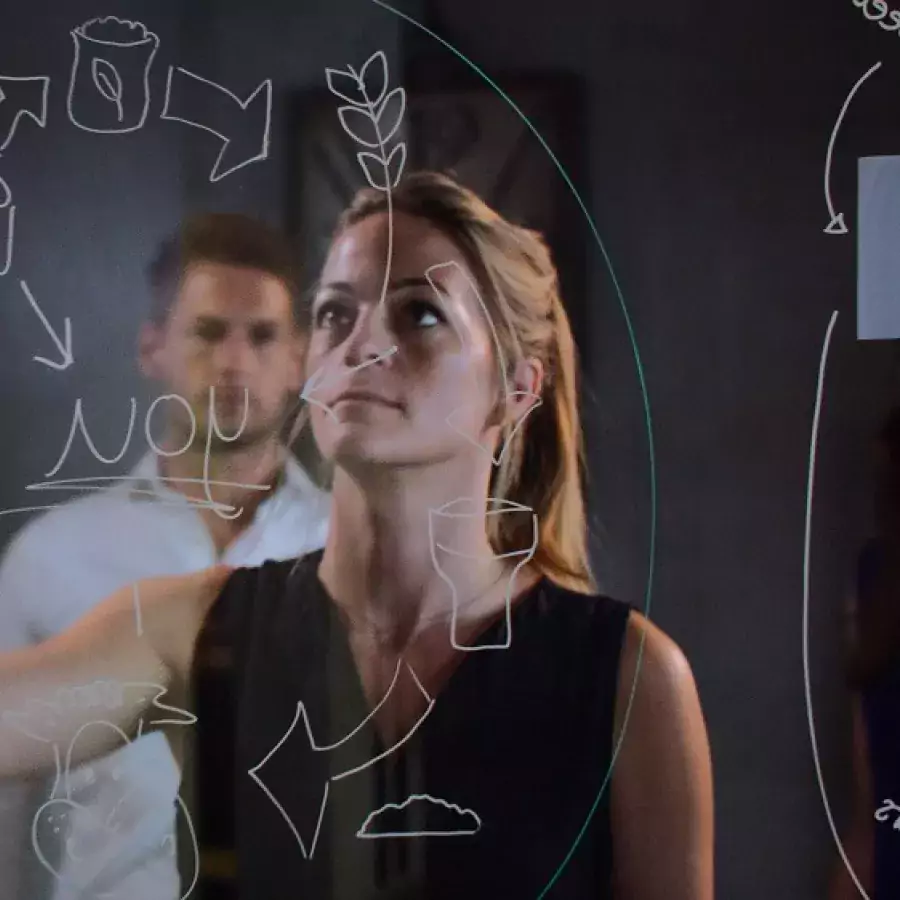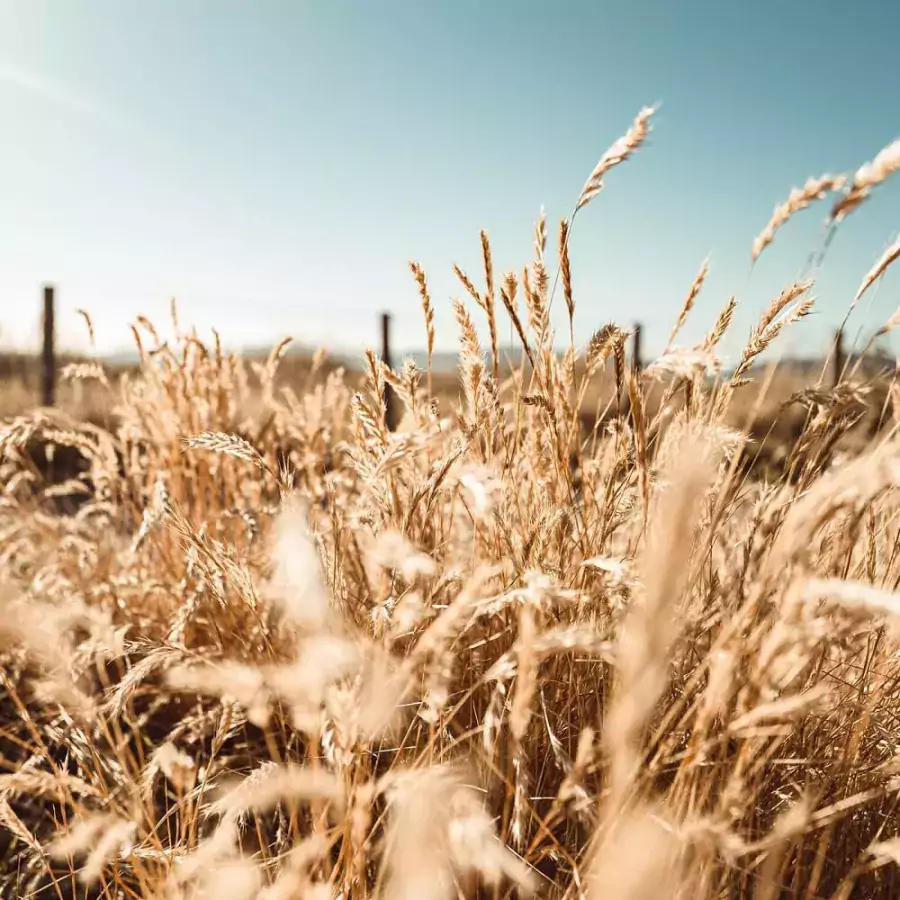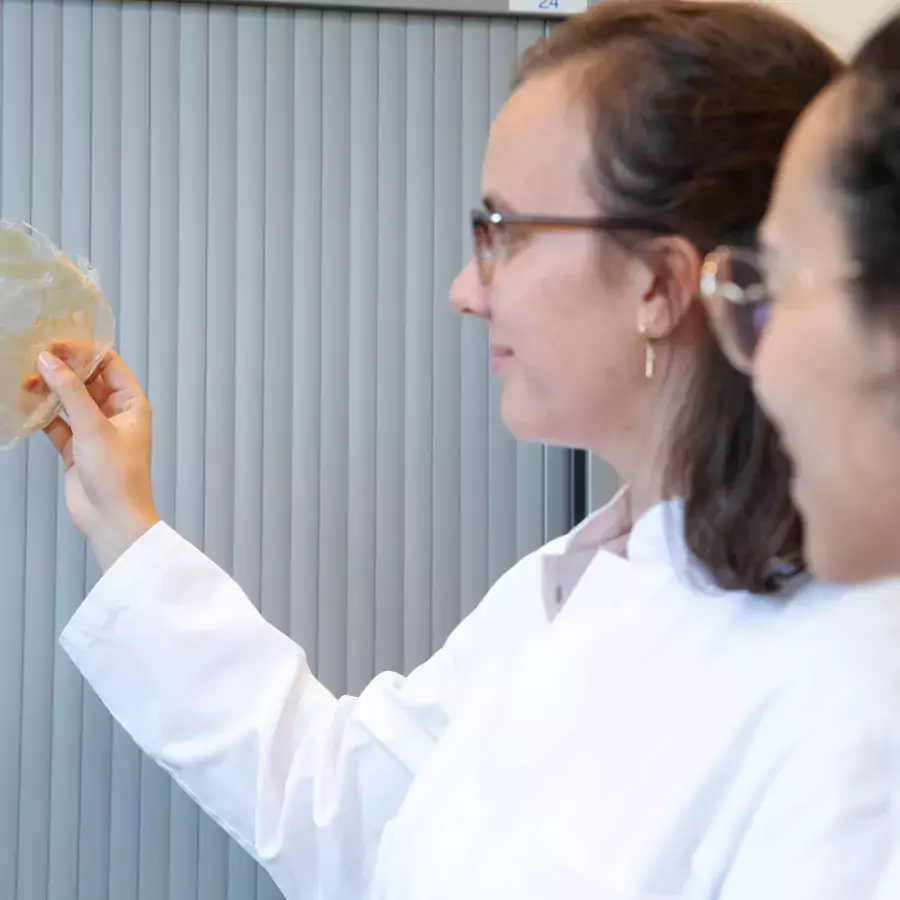In January this year, Bart Oosterbosch joined Looop as Business Developer Procurement. His role within the Strategic Business Development department focuses on identifying and realizing optimal (co-)product/market combinations through long-term relationships and strategic partnerships.
In his younger years, Bart actually aspired to a career in hospitality, but this changed when he came into contact with innovative startups. This got him very excited. This enthusiasm led him to study Advanced Business Creation at Avans University of Applied Sciences in Den Bosch.
During his studies, he started an innovation agency with two companions. They wanted to use their acquired knowledge and skills to benefit small and medium-sized enterprises (SMEs). Eventually, Bart connected innovation with grants and fundraising, taking care of applications for SMEs and startups seeking funding for their innovative projects. Bart got involved in various sectors through the agency, ranging from high-tech to bio-industry and waste management. During his work, Bart noticed a shift between economic motives to more sustainable ones, with corporate social responsibility increasingly becoming an integral part of modern business ventures. "Also, the emergence of green technologies, such as advanced recycling methods, fermentation, and the development of renewable energy sources, shows a change in how companies perceive and address their impact on the world."
This change motivated Bart to join Looop. "The transition brings challenges, which whetted my appetite for dynamism and meaningful work. This constant change and the chance to make a real impact motivated me tremendously to be part of this team." A motivation that is highly appreciated within Looop.
Circular challenges and potential
Across the value chain, innovations are being made to achieve sustainability goals, but this rapid pace of innovation and development also brings new challenges that may have yet to be foreseen, making the circular transition complex.
According to Bart, the main challenges in promoting a circular economy lie in transforming traditional business models and consumer behavior. Many businesses and consumers are used to a linear economy of "take, make, use and throw away." Although companies would like to operate circularly, this way of thinking often (unconsciously) still prevails. "The transition to a circular approach requires complex adjustments in production processes, supply chains, and the way products are designed and used." In doing so, a circular economy aims to maximize the value of raw materials by keeping them in the economy for as long as possible. The effective processing and treatment of (organic) co-products and residues plays a vital role. "In my job, I look for an accurate balance between supply and demand, where promises to our suppliers are always kept and valuable raw materials are optimally utilized. In this respect, I work as a value chain broker."
"By working together, we can create synergies, share knowledge and work together to achieve a circular economy, where waste is minimised and raw materials are optimally utilised."
Bart strongly believes in the potential of converting residual streams into valuable raw materials and products as an essential step in reducing our carbon footprint. "The idea that we can convert residual streams into valuable raw materials and products is essential for reducing our carbon footprint." In particular, his focus within Looop is on acquiring and attracting (new) organic residual streams and co-products. These residual streams mostly originate from food, beverage, and fermentation producers. "For these parties, I can act as a link between the different stages of the value chain by offering insights into market trends, identifying buyer needs, and co-creating innovative solutions that match their specific challenges."
In particular, market trends are growing in relevance. Our application areas are in a fluctuating landscape, facing contraction and shifts. Despite this, the huge volumes of co-product streams generated in the production of consumer goods remain. Not only from a sustainability perspective, it is imperative that these flows find new uses. When this fails, their production process comes to a standstill. This has huge consequences for these companies. "Risk management and distribution are an increasingly important aspect as a result. Maintaining the balance without compromising our commitments to suppliers is an ongoing challenge for me." This presents Looop with the task of constantly finding new, sustainable application areas for these products. "My approach is to proactively address these challenges and continue to look for innovative solutions that are both economically viable and environmentally sustainable."
We are very pleased to have Bart on our team and look forward to continuing to tackle these challenges together. His enthusiasm for innovation and drive to bring about positive change align perfectly with our mission and values. Bart has also personally found his place within Looop. "Being part of the circular economy is an opportunity for me to contribute directly to a more sustainable future."
OOO
Together we are #MovingCircularityForward
Curious about what Bart can do for your organization?
Contact him at:
Bart Oosterbosch
Business Developer Procurement
boosterbosch@looop.company
+31(0)6 30 63 52 05









